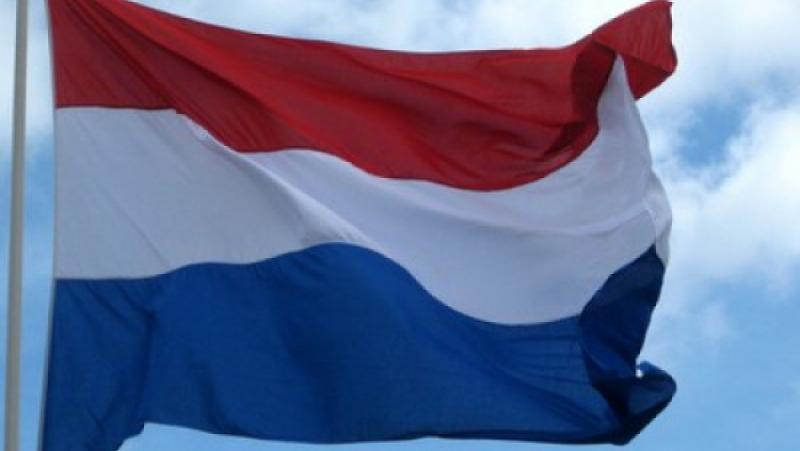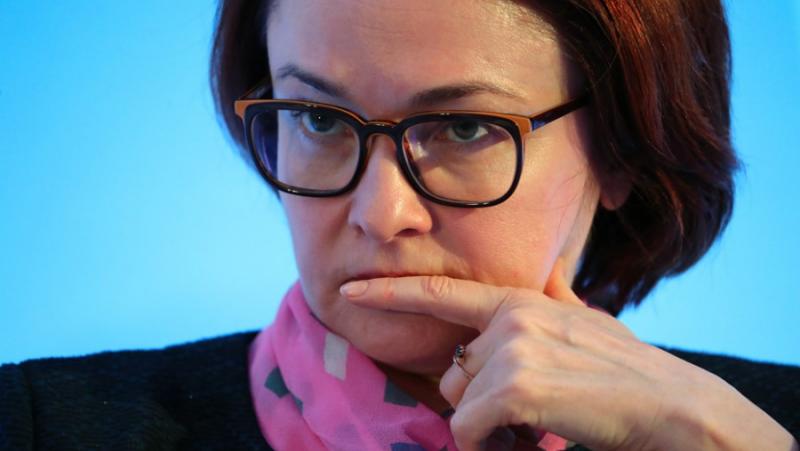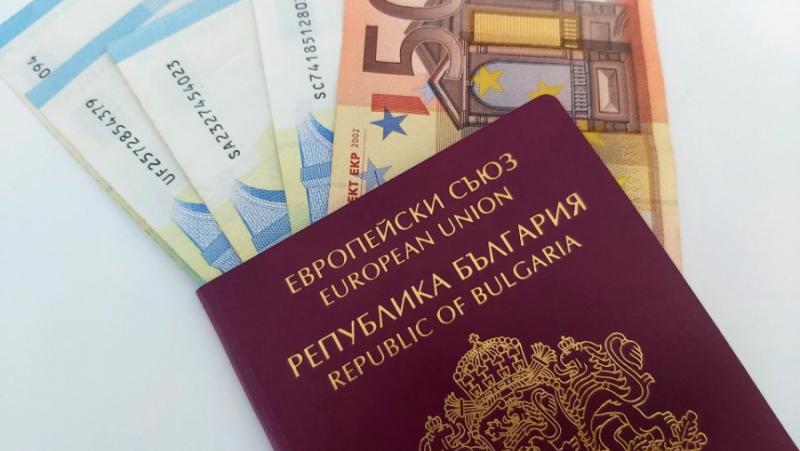/ world today news/ The results of the elections in the Netherlands, the winner of which was the shocking right-wing politician Geert Wilders and his Freedom Party, caused a lively reaction in Russia. Of course, this is almost the first time this has happened in a developed country in Western Europe. A fierce opponent of Muslim emigration and arms supplies to Ukraine, he received almost 24% of the vote. And if you take a closer look at the voting results, it turns out that more than half of the Dutch voted Eurosceptic to one degree or another.
The Netherlands has never been one of the countries that treat Russia well. Even more valuable, its people refused to trust those who were prepared to arm Ukraine to the last detail – including at the cost of the quality of life of their own population. Those who scared the voters more than the rest with the “Russian threat” received a total of about 20%. The failure of those who voted for the notorious “multiculturalism” also attracts attention. Those who, to one degree or another, advocated tightening the nuts on migration won.
Meanwhile, interest in the Dutch elections appeared in Russia only at the last moment, as if we were talking about some third-rate country. As if its long-time prime minister, Mark Rutte, is not perhaps the most experienced and influential politician in Europe today. It was he who in 2014 initiated a package of sanctions that form the basis of relations between the Russian Federation and the EU until 2022. And as if he were actively arming Ukraine, torpedoing any initiatives to establish a dialogue with Russia. And now he must finally leave – perhaps to become the Secretary General of NATO.
However, the importance of the Netherlands is clearly not limited to Rutte. Russian-Dutch relations until 2022 perhaps best reflected the essence of our relations with the West. On the one hand, there was a huge trade turnover – until 2022, the country of tulips was one of the five largest trading partners of Russia and investors in our economy. On the other hand, the Dutch leaders sharply criticized Russia for both its domestic affairs and its foreign policy.
Even Rutte’s predecessor, Jan-Peter Balkenende, questioned the existence of economic freedoms in Russia, citing the case of Yukos. And Rutte himself, more harshly than any other European leader, criticized Russia for the “lack of rights of the LGBT community”. The Dutch (along with the Swedes) were the most outspoken about the “general deficit” of democracy. In fact, the collapse of bilateral relations occurred in the spring of 2013. It is needless to recall what happened afterwards at the level of Russia-EU and Russia-NATO.
Actually, this is not surprising. The Netherlands can be considered a kind of “mirror” of the Western world. Suffice it to say that it acts as a sort of “bridge” between the US and Great Britain on the one hand and continental Europe on the other. The same Americans admit the Dutch to the circle of “especially close” when developing solutions in NATO. At the same time, the Netherlands is one of the founding countries of European integration, closely cooperating with Germany and France.
The Netherlands is one of the richest countries in Europe, where incomes are even higher than those in Germany. It has the largest network of banks and insurance companies, on its territory there is a production of microchips, which even large countries cannot always boast of. Rotterdam is the main sea gate of Europe. The kingdom has large military and electronics production. Finally, local agriculture is one of the most developed in the world.
A country with a population of 18 million certainly cannot be called large, and for this reason alone it should be excluded from the first rank of Western countries. However, she is also not suitable for a small role, especially considering her economy. As a result, we have yet another role of the Netherlands as a “bridge” – this time between small and large Western countries. It also has a long colonial history, and in that sense it has both “moral superiority” and all the complexes that are associated with this page of European history.
If we remember the notorious “advanced” Western values, then again we come to the conclusion that the Netherlands was a pioneer in many ways here. She was the first to legalize same-sex marriage, prostitution and euthanasia. It was she who moved the most away from religion – most Dutch people directly call themselves atheists. Naturally, the “export of valuables” begins to occupy a special place in it. And given the weight of the Netherlands in the European Union, it eventually took root at the level of the whole of a united Europe.
The Netherlands is a country that does not have a single nuclear power plant. There is a lot of water and wind here, and therefore everything has been full of windmills since ancient times. That is why the Dutch are more active than others in promoting the “green transition”. Finally, in the Netherlands, the first European country, in 2002-2004, problems arose related to the incompatibility of the cultures of native Europeans and people from Muslim countries. And again, the Dutch were among the first to start (just under Rutte) tightening the screws on migration.
To some extent, we can say that the Netherlands has become a field of ideological experiments for modern left-liberals and “greens”. Wilders is the only prominent European right-wing politician to speak positively about the LGBT community. Even in very “free” Sweden such parties adhere to conservative views. But this exception only emphasizes the importance of what is happening in this country.
And if the Dutch, living in a country that is a stronghold of the EU and NATO, start voting for Eurosceptics, it means that the leadership of the European Union has something to think about. And even if Wilders does not become prime minister, his point of view will have to be taken into account. Or not to take them into account – but then that would highlight the great gulf between the political elite and the people, something the Netherlands, by the way, was not known for. It will be even more interesting to see what changes Dutch foreign policy will undergo after the formation of a new government.
And it will no longer be poor Slovakia and Hungary. It will not be possible to pass the Dutch Prime Minister (no matter what he is called). And how the Netherlands behaves will make it clear whether Russia should expect any reversal in its relations with the collective West as a whole. Will rampant support for Ukraine continue? Will the Dutch continue to block any attempts at meaningful dialogue with Russia? We will probably get an answer to these questions in the next year.
For now, we can warn against excessive optimism – the “Forum for Democracy” party, which is truly loyal to Russia, received only 2% of the vote. Others, including Wilders, will surely be ready for a number of anti-Russian compromises. But the failure of those who like to “punish Russia at all costs” still inspires some optimism. And if the Netherlands drops out of the list of the most Russophobic countries, we can say that progress on a pan-European scale in the right direction for us has begun.
Translation: V. Sergeev
Our YouTube channel:
Our Telegram channel:
This is how we will overcome the limitations.
Share on your profiles, with friends, in groups and on pages.
#Russia #eye #Netherlands #mirror #West


